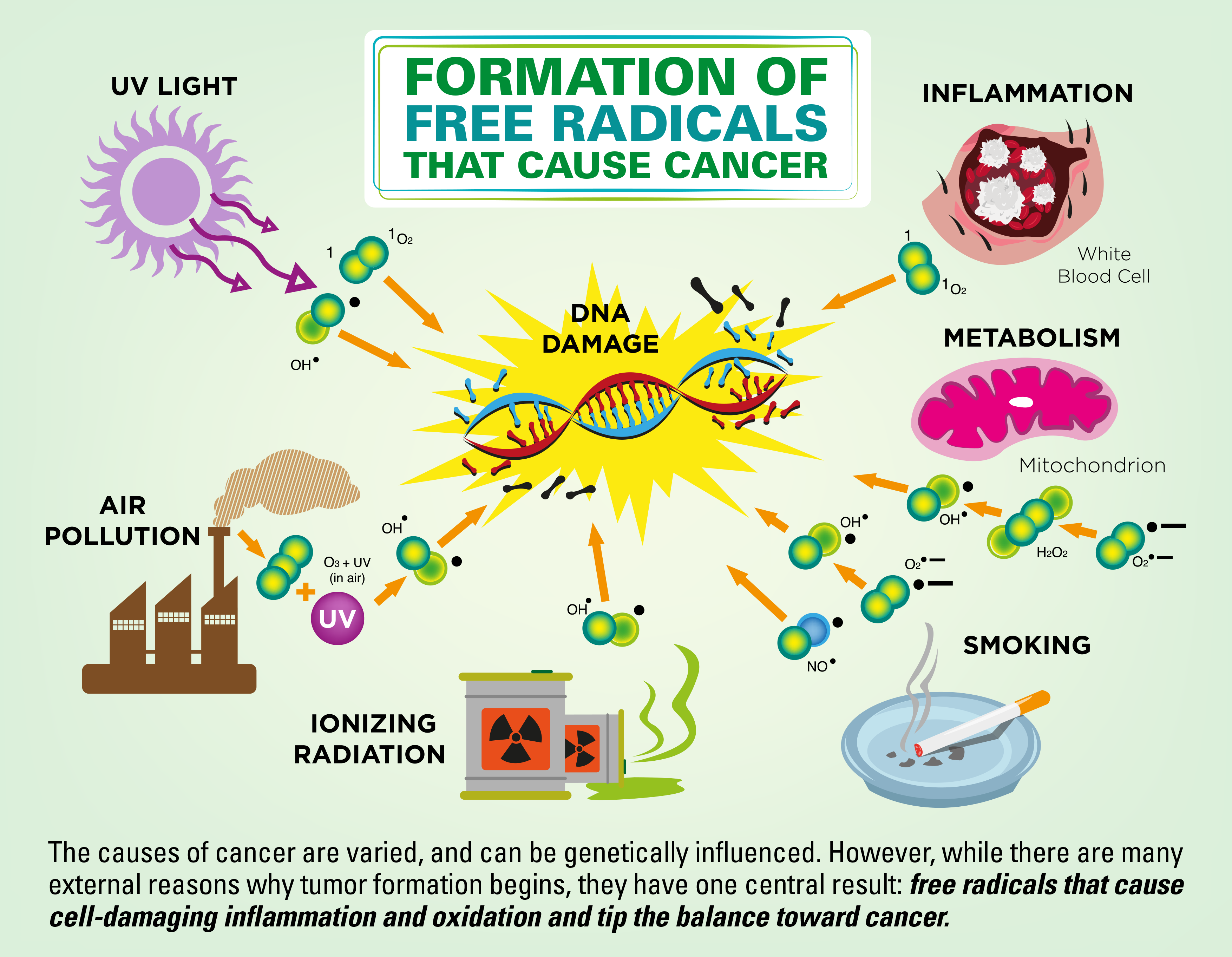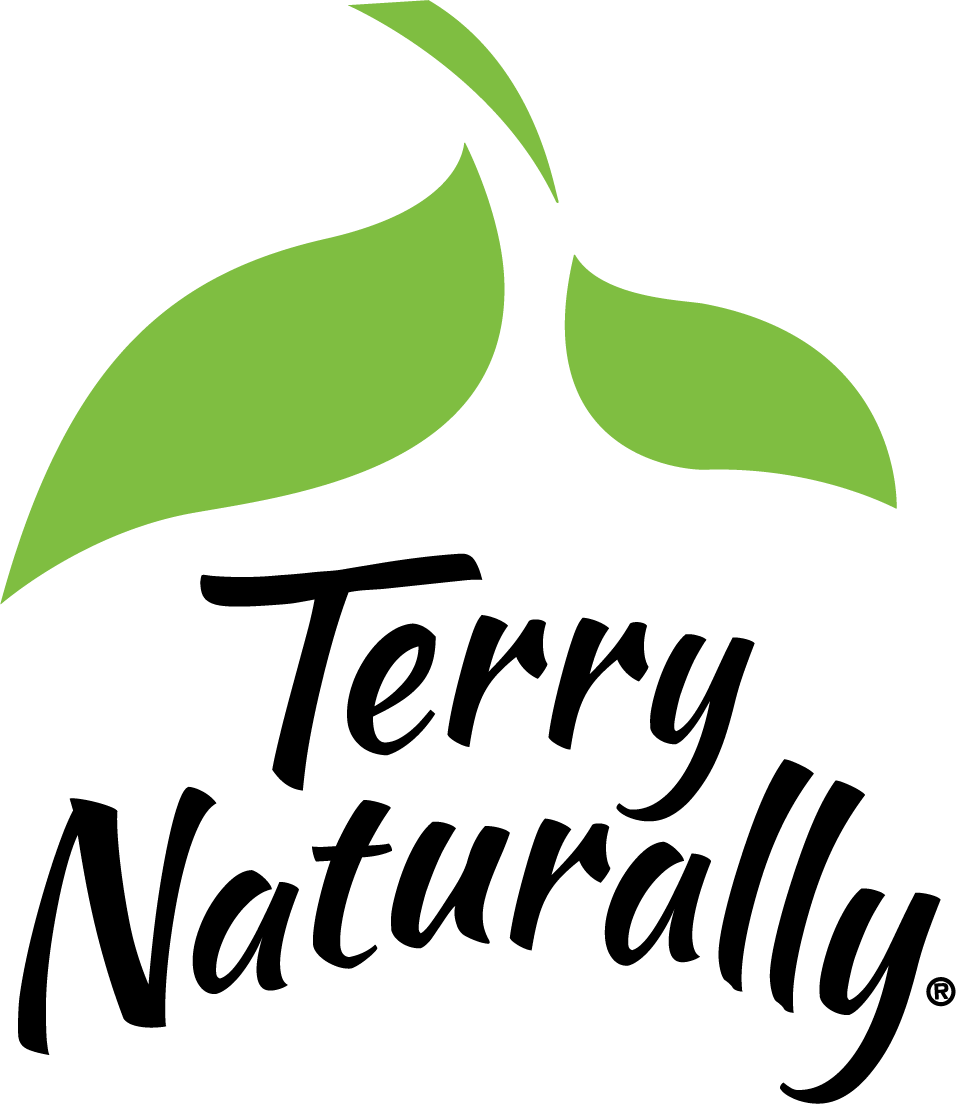Frankincense and Boswellia
There are varying species of boswellia and they all provide valuable natural medicines. Extracts from the resin of the trees and oils from those resins contain different compounds, but they are both often referred to by the same name: frankincense. To avoid confusion, I’ll refer to extracts of the tree as “boswellia” and oil from the resin as either “frankincense” or “frankincense oil.” The main thing to remember is that combining the extract and oil can provide an incredibly strong defense against cancer.


Frankincense Oil
Frankincense oil is the subject of intensive study for tumor prevention. Interestingly, while frankincense is typically considered a Middle Eastern herb (and is often associated as one of the gifts from the Magi to the infant Christ child), it probably originated in East Africa and was also known—through trade— in traditional Chinese and Korean medicine. In fact, both countries continue to explore the uses of frankincense today, along with many other nations that are examining the ways frankincense oil works to stop cancer growth.
As it turns out, frankincense oil shows a variety of ways to interfere with tumors. One laboratory study, comparing it to sandalwood oil, found that frankincense oil works along an oxidative pathway to inhibit tumor growth in bladder cancer cells (and only affected the cancer, without damaging normal, healthy cells). This seems counterintuitive, because we tend to think that all oxidative stress is always bad, all the time. But that’s not entirely true—at least where cancer cells are concerned. A tumor cell wants to protect itself against oxidative stress like any other healthy cell. Frankincense oil interferes with the ability of tumor cells to effectively protect themselves against oxidative stress and cell death.
Other work shows that frankincense oil can stop the progression of breast cancer cells. In this case, the actions seem to be slightly different. Frankincense oil suppresses the formation of the network of breast cancer cells to the point where the researchers consider that the oil “may be effective for advanced breast cancer.” Here, as in the case of the bladder cancer research, the frankincense oil only affected the cancerous cells and did no harm to healthy cell structures.
Similar results have been seen for pancreatic cancer cell studies as well. I think this research is exciting because it shows consistency in the actions of frankincense oil—it harms only cancer cells while leaving normal cells untouched.
Aside from fighting cancer, compounds from frankincense oil have been researched for liver and brain cell protection, and anti-inflammatory abilities as a potential treatment for ulcerative colitis.
Boswellia Extract
An extract from Boswellia serrata (which I’ll simply refer to as “boswellia” from now on) is one of a few, and certainly one of the most effective, inhibitors of 5-LOX inflammation. 5-LOX (5-lipoxygenase) enzyme activity leads to tumor formation and inflammatory digestive, respiratory, and cardiovascular conditions.
One of the primary, beneficial anti-inflammatory compounds in boswellia is AKBA, (acetyl-11-keto-B-boswellic acid). AKBA’s strength has been shown in laboratory studies that have found it can inhibit the replication of leukemia and prostate cancer cells, oral pathogens and bacteria, pain from osteoarthritis, and the release of NF-kB—a marker for many diseases, including clogged arteries.
Choosing the Right Frankincense Oil and Boswellia
For frankincense oil, I recommend a supercritical CO2 extract. This method uses carbon dioxide in liquid form, which is odorless, tasteless, and non-toxic. It works at extremely low temperatures to preserve sensitive plant constituents and avoid the risk of biologically active components being destroyed by oxidation and heat. It is a 100 percent natural way to keep highly-concentrated, active compounds in the extract, and makes them a very effective ingredient.
As I mentioned, one of boswellia’s most powerful components is AKBA (acetyl-11-keto- B-boswellic acid), which is why it is so often the focus of research and why I believe an extract standardized for AKBA content is essential. Beware though, as some extracts have artificially increased or “spiked” levels of the compound. I don’t think that’s a complete enough approach—there are other compounds in the plant that are beneficial, too.
However, I don’t believe that an unstandardized boswellia is the answer, either. First, it may have as little as 1 percent AKBA, which may diminish benefits a great deal. Secondly, one of the compounds in boswellia—beta-boswellic acid —is actually pro-inflammatory. Leaving beta-boswellic acid at its natural levels, as you’d find in unstandardized extracts can mean that up to 25 percent of the herb would have an inflammation-causing compound.
A balanced approach is best. I recommend looking for a boswellia extract that is standardized so that you’re getting at least 10 percent AKBA and virtually no beta-boswellic acids. This way, you get the best of both worlds—a true, complete boswellia with all of the good components you need with none of the disadvantageous amounts of beta-boswellic acid.
A Gift for Amazing Health
Frankincense oil has a long history, being cherished through the millennia for its healing power. I believe that frankincense oil, combined with boswellia extract, can help you strengthen your cells and stop the processes that can lead to tumor growth as well. Trust these wonderful botanical gifts from the boswellia tree to bring amazing health to you every day.
